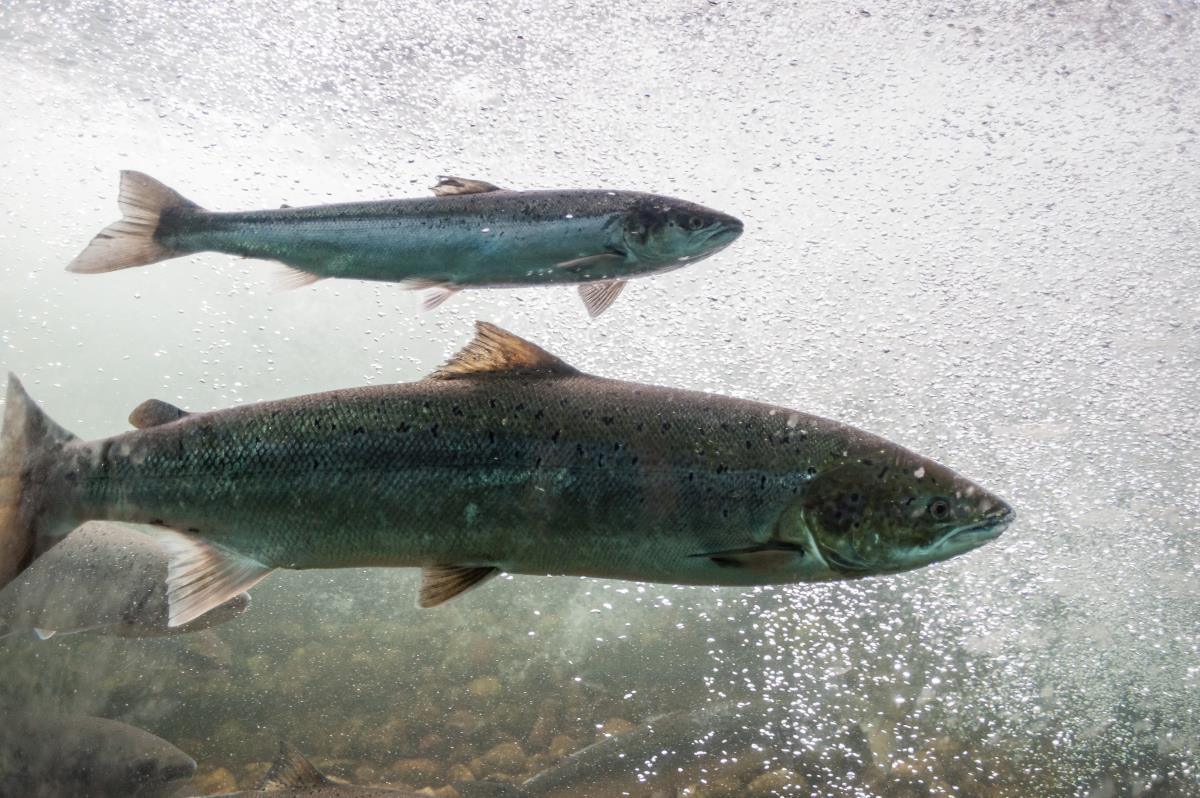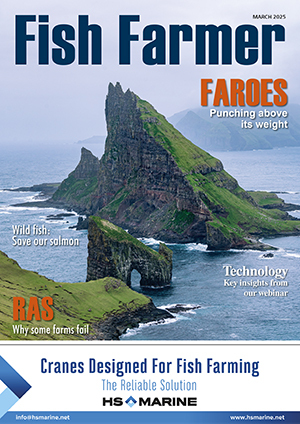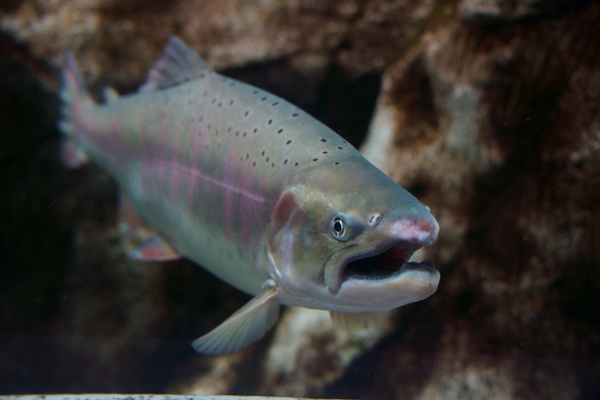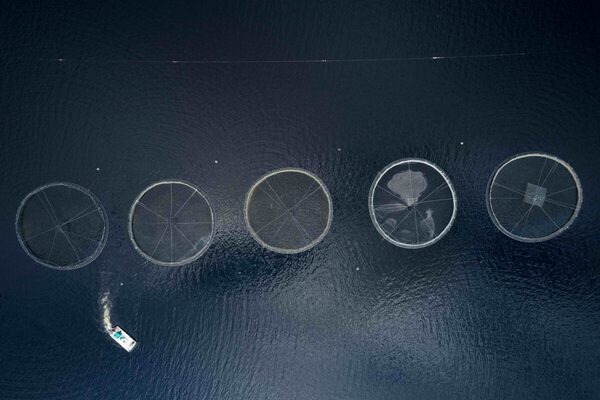Norway battling more new infections
Serious biological issues appear to be returning for Norway’s salmon farms this week, after it was announced that Cermaq may have suffered a second infectious salmon anaemia (ISA) outbreak and Mowi is tackling a possible outbreak of bacterial kidney disease at one of its facilities.

Cermaq said on Tuesday that tests indicated possible ISA at one of its farms in in Finnmark county.
Now the company has reported a possible second case in neighbouring Hammerfest municipality, also in Finnmark.
The suspicion is based on positive analysis results (PCR) after sampling fish at the location.
The usual ISA restrictions to prevent the spread of infection on movement and salmon handling are now in place. Some reports suggest that Cermaq has already started culling operations.
Now the Norwegian Food Safety Authority is reporting that bacterial kidney disease (BKD) is suspected at a Mowi-owned facility in Trøndelag county where the company is engaged in broodstock production.
The authority says the suspicion follows samples taken during routine checks. The samples have been sent to a laboratory for possible verification.
It adds: “Farms in the area must be particularly aware of BKD during all health inspections. It is important to prevent further spread between farms or to wild fish through fish, equipment and boats.”
Bacterial kidney disease is a chronic disease caused by the bacterium Renibacterium salmoninarum.
It occurs globally where salmonid fish are found. It is known to cause up to 80% mortality in Pacific salmon and 40% in Atlantic salmon. Despite research, there is yet no effective treatment for BKD.




